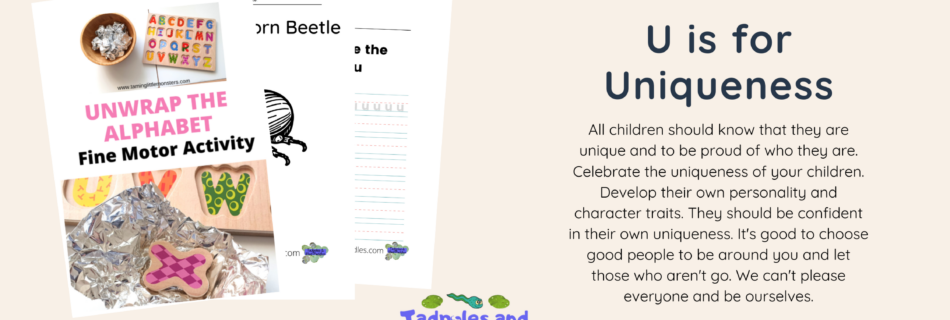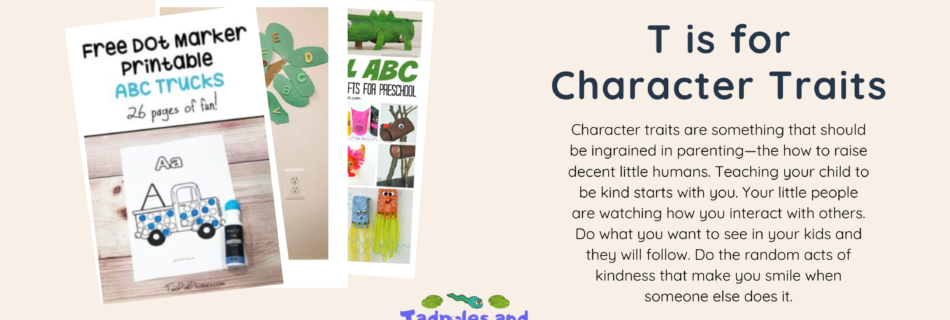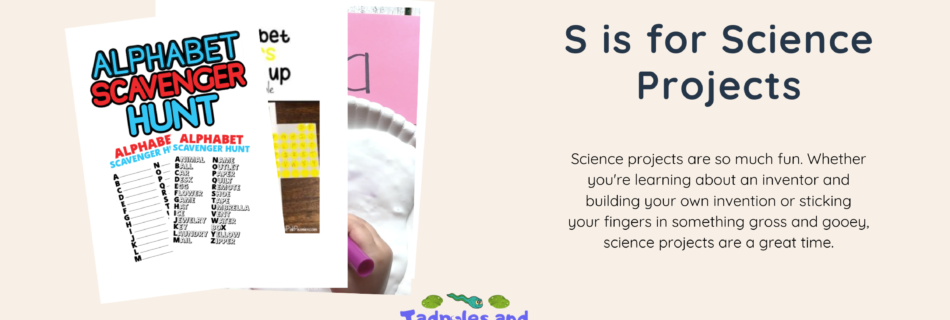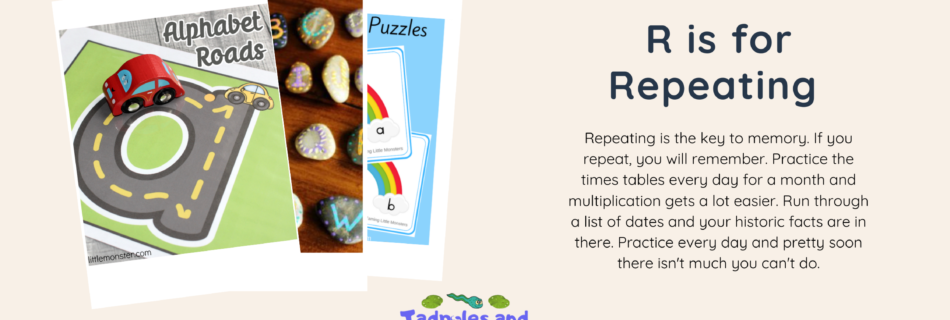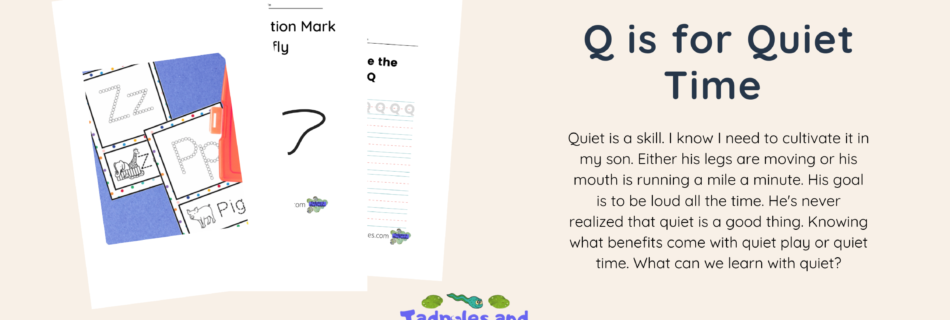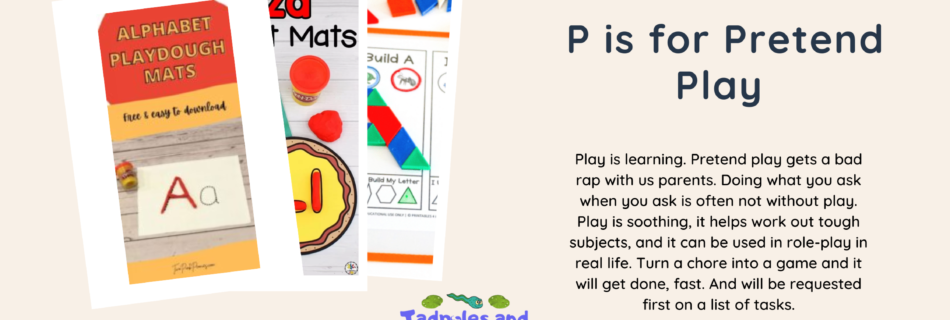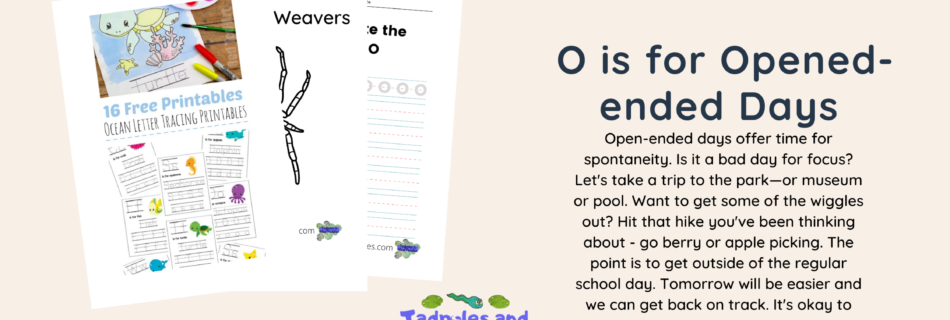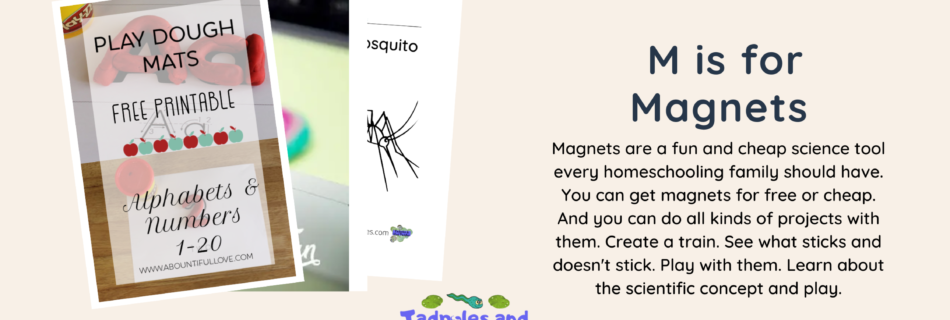V is for Virtues
Virtues are caught and not always taught. It’s also built over the years. Chivalry isn’t dead. It’s just not taught anymore. It should be. A good man protects those who need help. Provides for their family. Leads their family unit. And won’t shy away from hard work. By the way, this post is part of …

